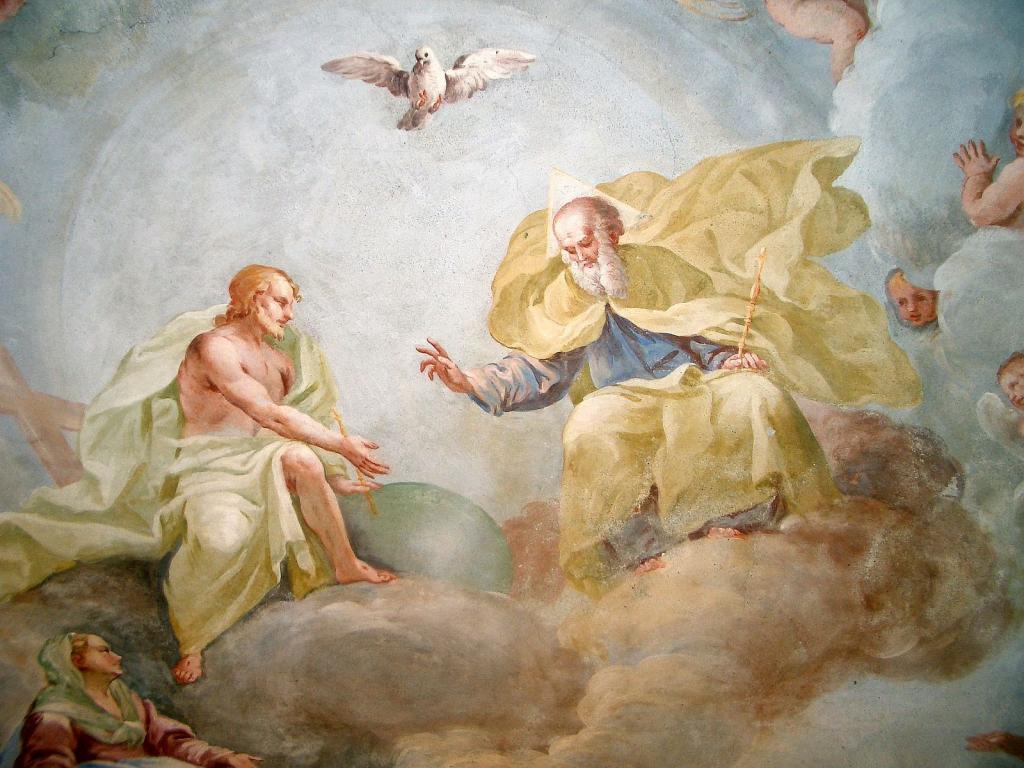
Continuing with yesterday’s discussion of Mormonism, Islam, and the mainstream Christian doctrine of the Trinity:
The irony is compounded by the historical fact that some early Latter-day Saints saw themselves as monotheistic allies of the Muslims, confronting a Christianity corrupted by saint-worship and the veneration of relics. (After all, they correctly reasoned, Latter-day Saints worship only one God. As much as Latter-day Saint scriptures and leaders may talk of “the Gods,” our worship is strictly limited to the Father. Therefore, we cannot plausibly be considered polytheists—a label we reject vehemently.) This is the thinking that undergirds some of Parley P. Pratt’s more militant declarations:
Mahometanism included the doctrine that there was one God— that He was great, even the creator of all things, and that the people by right should worship Him… On this account, on the simple subject of the Deity and His worship, if nothing more, I should rather incline, of the two, after all my early traditions, education, and prejudices, to the side of Mahomet, for on this point he is on the side of truth, and the Christian world on the side of idolatry and heathenism.[1]
Now, if we take Mahometanism during those dark ages, and the corruptions that are so universally prevalent over the earth, and the idolatrous systems of religion, falsely called Christianity, and weigh them in a balance; with all my education in favor of Christian nations and Christian powers, and Christian institutions, so called, with all my prejudices of early youth, and habits of thought and reading, my rational faculties would compel me to admit that the Mahometan history and Mahometan doctrine was a standard raised against the most corrupt and abominable idolatry that ever perverted our earth, found in the creeds and worship of Christians, falsely so named.[2]
So far as that one point is concerned, of worshipping the one true God under the name of Mahometanism, together with many moral precepts, and in war acting only on the defensive, I think they have exceeded in righteousness and truthfulness of religion, the idolatrous and corrupt church that has borne the name of Christianity.[3]
So seriously does the Qur’an take this issue that it falls into what appears to be an inconsistency. It generally speaks with favor of both Christians and Jews. They are the “People of the Book,” and it tells them that they have little to worry about if only they will live up to the remnants of revelation still in their custody. But the Qur’an labels trinitarian Christians “unbelievers” at one point and threatens them with an unpleasant fate if they do not repent of their grave theological error:
Unbelievers are those that say: ‘God is the Messiah, the son of Mary’ For the Messiah himself said: ‘Children of Israel, serve God, my Lord and your Lord.’ He that worships other gods besides God shall be forbidden Paradise and shall be cast into the fire of Hell… Unbelievers are those who say: ‘God is one of three.’ There is but one God. If they do not desist from so saying, those of them that disbelieve shall be sternly punished… The Messiah, the son of Mary, was no more than a Messenger: other Messengers passed away before him. His mother was a saintly woman. They both ate earthly food.[4]
[1] Journal of Discourses 3:38.
[2] Journal of Discourses 3:40.
[3] Journal of Discourses 3:41. As noted above, Elder Pratt was probably guilty of some exaggerated rhetoric here.
[4] 5:72-73, 75; compare 5:17.










